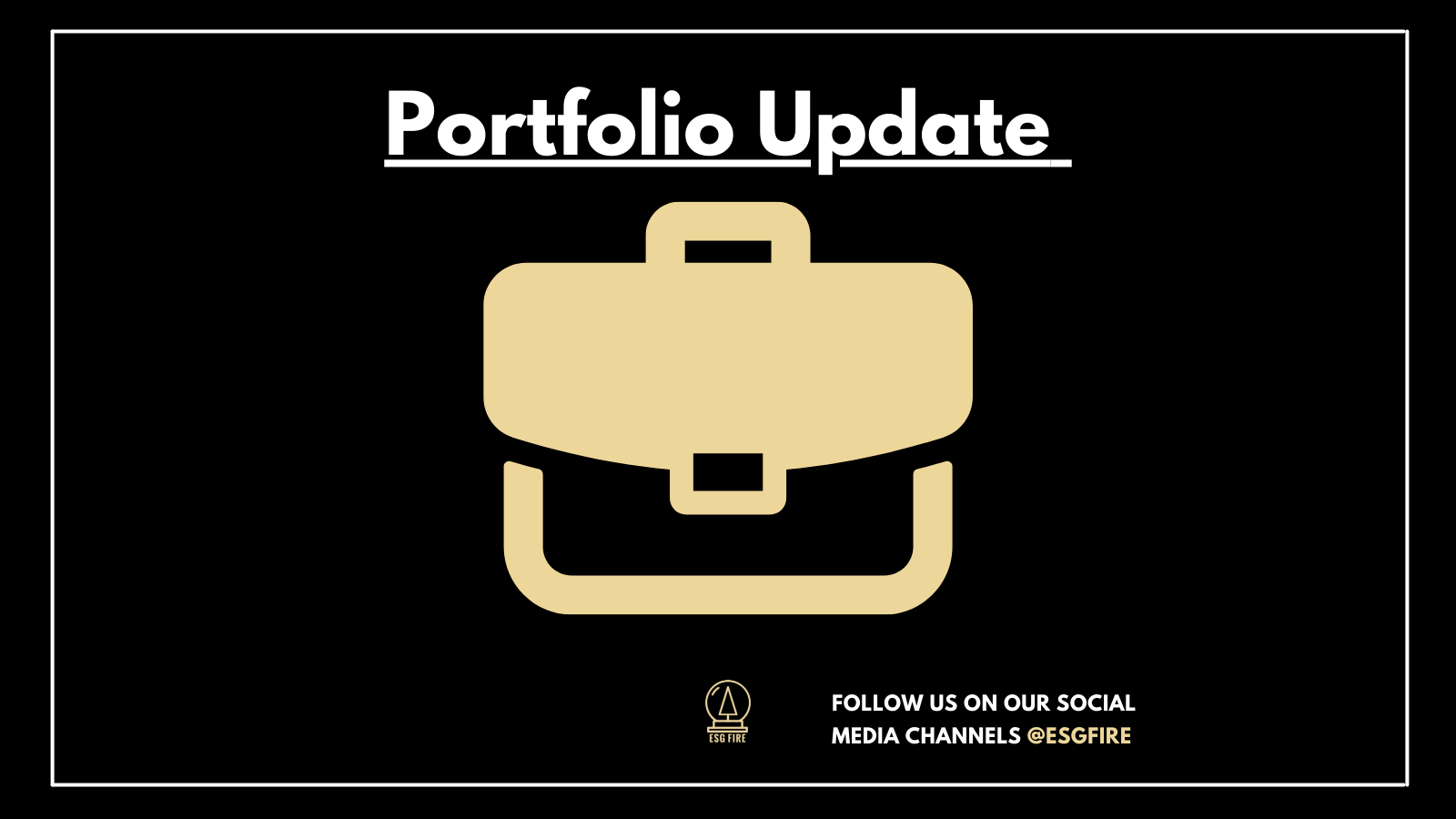Company: Absolicon
Ticker: $ABSL
LIST: Spotlight Sweden
MCAP: 312 MSEK =29 MUSD at time of publication
Share price: 100 SEK = 8,91 USD at time of publication
Industry: solar thermal heating/ district heating
Market size: $223 billion$ by 2026
Peer: Heliogen Market cap 456 MUSD
ESGFIRE has interviewed Absolicons CEO Joakim Byström after their Q2 report. We believe that Absolicon is deeply undervalued compared to its NASDAQ listed peer Heliogen . We think Absolicon is about to experience a major commercial breakthrough and there is a big likelihood that the company within shortly will receive several orders on production lines with each order worth over 5 MUSD + major recurring revenues.
Finally the company is well positioned to help Europe in the ongoing green transitioning away from Russian gas.
ESGFIRE:
There are few public companies in the business of solar heating but one of these are Heliogen in the United states listed at NASDAQ. Heliogen has an unknown sales pipeline and as far as we can tell no framework agreements but are still valued at 456 MUSD which is about 13 times higher than Absolicon.
Its worth mentioning that Absolicon has framework agreements valued at about 90 MUSD with additional recurring revenues.
With this said, what do you as CEO believe is the reason for this big difference in valuations between Absolicon and Heliogen?
Joakim Byström:
I think the whole approach with which owners they have received in conjunction to how they listed at NASDAQ (Via SPAC) makes the difference in valuations. In several areas we have an advantage towards Heliogen.
ESGFIRE:
Europe is facing its biggest energy crisis ever and at the same time your company Absolicon is facing its commercial breakthrough.
The company could be looking at orders from 4 different framework agreement partners ( Canada, Egypt, Italy and Mexico). Each production line is worth 5 MUSD with recurring revenues for components.
At the same time Absolicon has for a longer period of time communicated that you are expecting several orders for production lines. What specifically is it that makes these orders take longer time than expected to materialize?
Joakim Byström:
Each market works with their most important key points. Some framework agreement partners need additional case studies. Other framework agreement partners have other parameters outside of Absolicons control such as the approval of loan applications and financial support applications.
ESGFIRE:
How is Absolicon benefitting from the current European energy crisis?
What specific actions have been taken to help Europe reduce its dependency on Russian fossil fuels?
Joakim Byström:
We have intensified our marketing quickly which has rapidly led to a number of case studies with big global corporations. For cities we have started district heating projects.
ESGFIRE:
Canada, as a framework agreement partner should be first in line to order a production line seeing as they have already made a pre down payment. Can you tell us anything about what remains in this purchase process?
Joakim Byström:
Unfortunately we cannot comment specifically on individual partners but yes Canada is one of the framework agreement partners we mention as being closest to ordering a production line.
ESGFIRE:
How is the pilot with SWCC regarding desalination and how far away is a finished installation?
How big is the potential for desalination facilities for Absolicon?
Joakim Byström:
Desalination is a huge market but our current experience is that the food sector is more desperate after renewable energy right now. We are prioritizing the industries of southern europe at this moment before SWCC however we have an ongoing dialogue both regarding the existing pilot which is near completion and for future installations.
ESGFIRE:
How many framework agreements are dependent on heatdeals (where the end customer agrees to buy solar heat from a plant where a third party is the owner) to become actual orders?
Joakim Byström:
No specific framework agreement partner is dependent specifically on heatdeals as of this moment however we see it as a key for bigger installations.
ESGFIRE:
Why did it take 12 months to sign a heatdeal agreement with Carlsberg?
Joakim Byström:
There are long internal response times for multinational companies organizations at many levels. Both the sales process and the time it takes from the moment we have a handshake to a written agreement takes time.
A specific problem is the approval of press releases where it sometimes takes many months. We are often forced to use re-written names instead of the customer name.
ESGFIRE:
Thanks for taking the time to participate in our interview Joakim!
Joakim Byström:
It was my pleasure!
Legal Disclaimer
We own shares of this companies personally.
Investing in stocks is combined with certain risks and it is possible to lose your entire investment. Our posts are made for Educational purposes only and are not to be interpreted as tips , financial advice or recommendations of any kind to either buy or sell any stocks.
Companies may or may not be paying us for content posted on this website




